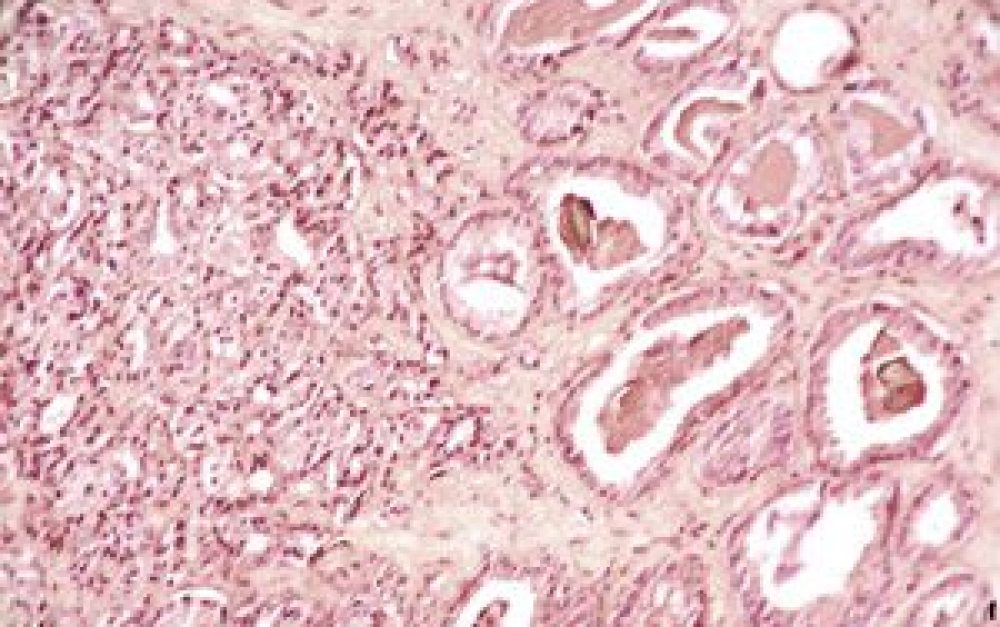New research shows that men exposed to certain agricultural pesticides are more likely to develop "aggressive" forms of prostate cancer. This latest news confirms earlier findings linking pesticide exposure with this type of cancer, which is the third most common cause of cancer death among males.
The recent study, published in the American Journal of Epidemiology, looked at exposure data from the Agricultural Health Study (AHS) and cancer incidence information from state registries. The numbers showed that workers in Iowa and North Carolina exposed to certain organophosphate and organochlorine pesticides had significantly higher prostate cancer risk.
The AHS was a long-term study that tracked lifetime usage of pesticides among licensed pesticide applicators between 1993 to 2007. Most of the applicators were screened for prostate cancer at some point during the study, suggesting that the occurrence of more aggressive disease was indeed associated with exposure, rather than lack of health screening.
Are they carcinogens?
Previous studies using the AHS data found a higher risk when a family history of prostate cancer was combined with exposure to the organophosphate pesticides fonofos and terbufos; these two pesticides emerged again as associated with increased risk in this most recent study. Researchers found that malathion, one of the most commonly used organophosphate insecticides in the U.S., was linked to increased prostate cancer risk as well.
Both fonofos (which was taken off the market in 1998) and terbufos are classified by EPA as having "evidence of noncarcinogenicity" for humans. Malathion is considered a "possible" carcinogen, with EPA saying there is "suggestive evidence" that the chemical is cancer-causing, but that there is not enough data to assess carcinogenicity in humans.
The results from this study indicate that we need to take a closer look at whether these pesticides — especially those that are still registered for use — are causing human cancer.
Bad actors acting badly
The study also found that a family history of prostate cancer combined with exposure to organochlorine pesticides (such as aldrin and lindane) was significantly associated with an increased risk of developing any type of prostate cancer, including cases not classified as aggressive.
These two pesticide classes — organophosphates and organochlorines— show up time and time again in studies suggesting range of adverse health effects, from impacts on the developing brain to other developmental effects to cancer. Hasn't enough evidence been collected for us to act?







